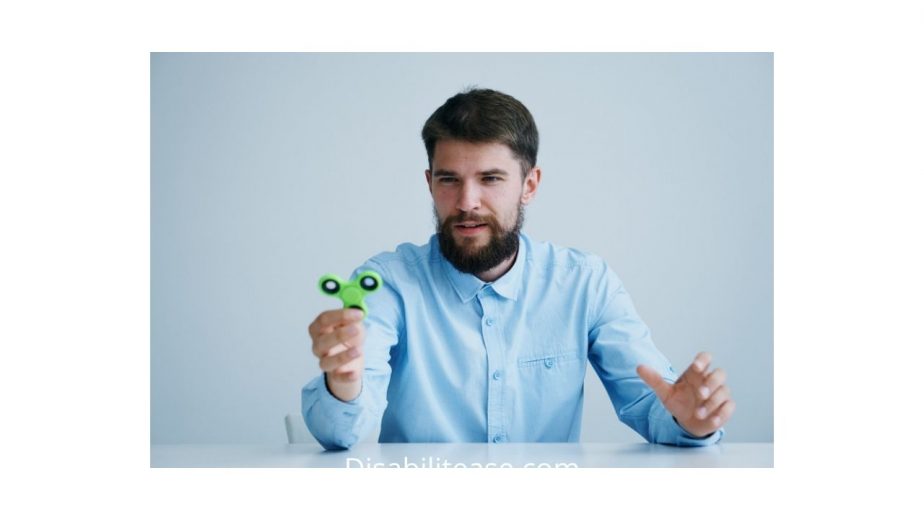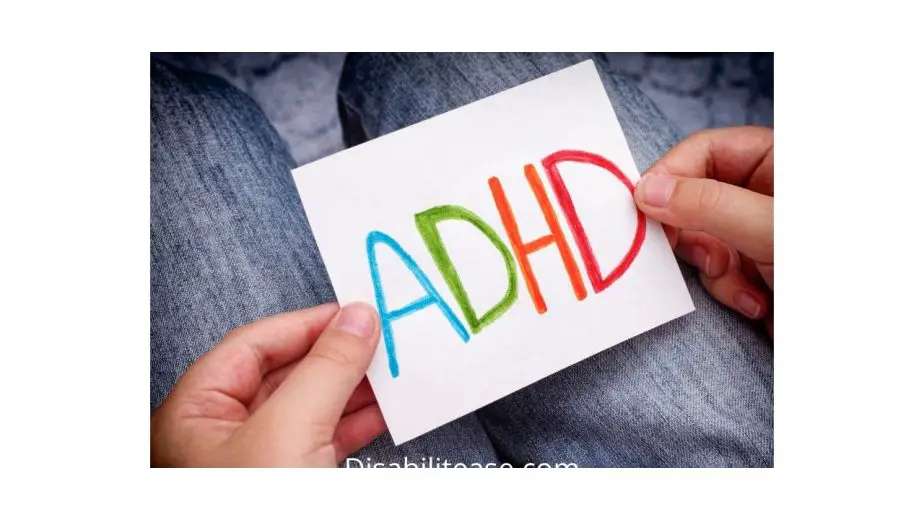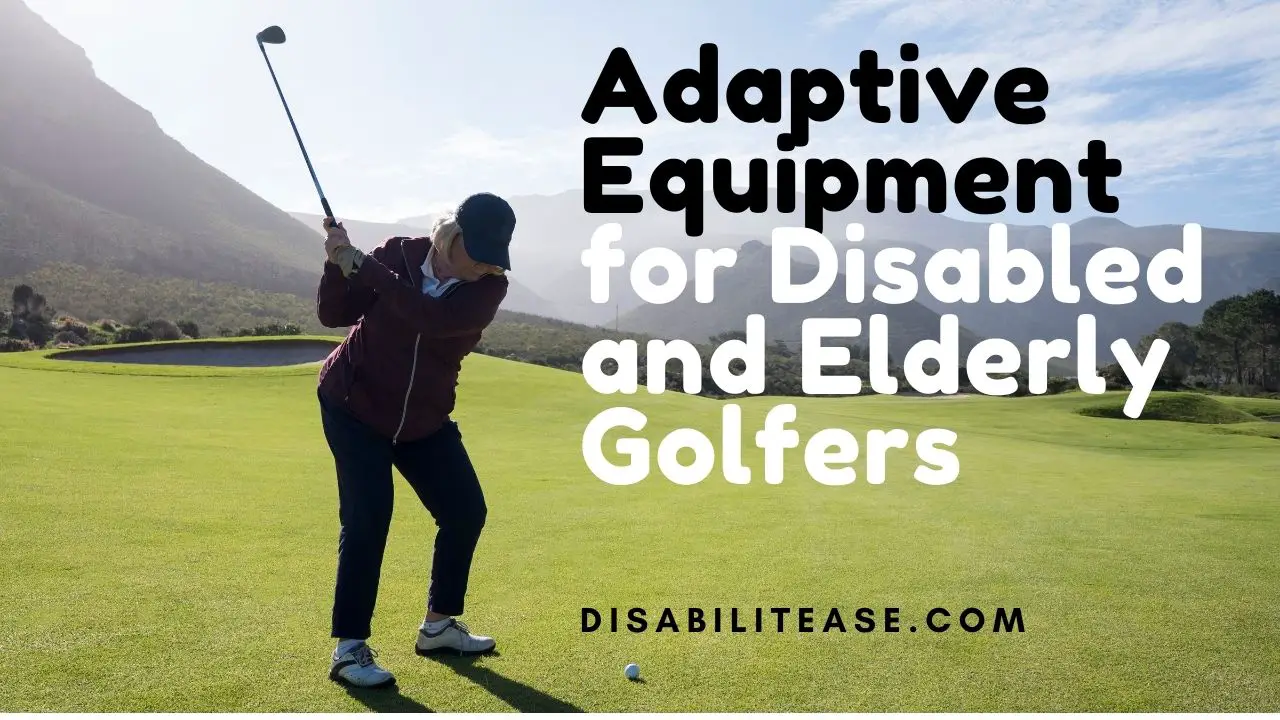Living alone is not easy by any means, especially if you have lived with someone your entire life. I mean, all this time, you had a companion, whether it was your parents, your siblings, partner, or roommate. They were there for you when you needed them to be, and they helped you out. And now, all of a sudden, you are here, living alone. It’s a different experience, to say the least.
You might struggle with waking up on time, keeping things organized, keeping track of everything. It’s a significant change, and this is why many people, after living alone for a little while, try to find someone to live with.

Make sure to check out my post: Famous Athletes, Footballers, Boxers, and Basketball Players with ADHD.
Now imagine if it’s so hard for neurodivergent people, how hard must it be for people with ADHD. More often than not, people with ADHD struggle with living alone. They forget to take care of their health or their house, by no fault of their own. It’s just how their brains are wired.
And then, soon enough, things turn out to be a mess, and it’s too much to deal with, so they put it back to deal with it some other time.
We are here to help you with that. So that you can live a healthy and everyday life even with ADHD, but before we move on to that, let’s talk about what is ADHD?
Table of Contents
What Is ADHD?
ADHD, short for Attention-deficit/hyperactivity disorder, is one of the most common neurological disorders found in children. But it’s not only limited to children, but it’s also pretty common among adults. According to Prevalence of Parent-Reported ADHD Diagnosis and Associated Treatment Among U.S. Children and Adolescents, 2016 and Prevalence and correlates of adult attention-deficit hyperactivity disorder: a meta-analysis, around 2.5% of adults have ADHD compared to an estimate of 8.4% of children who have ADHD.
It is around school-age, where a child is usually diagnosed with ADHD. More often than not, this diagnosis is carried out throughout their adulthood. The most common symptoms of ADHD include:
- Impulsiveness
- Poor time management skills
- Being disorganized
- Hyperactivity or restlessness
- Low tolerance to frustration
- Poor planning skills
- The issue with focusing on a task
- Having trouble with multitasking
If a person’s ADHD remains untreated, they can have trouble in their academic, professional, and personal lives.
For some, ADHD might seem like ‘nothing,’ but it really does affect your day-to-day life. Everyone jas different ways to cope with ADHD, but either way, it’s not easy. Especially if you live alone, but don’t worry, we are here to help you. Need some tips for living alone with ADHD? Well, then keep reading.
Tips On How To Live Alone With ADHD
1. Avoid Multitasking
You might read this and think, ‘well, that’s common sense, isn’t it, but that’s not really the case. Even after being diagnosed with ADHD, a lot of people try to multitask, usually because they put off doing things for so long that, in the end, they have so much to do but very little time. So here is the first tip, don’t try to multitask. Your brain will go into overdrive, and it will struggle to focus on any of the tasks you are doing. So, in the end, you might end up doing nothing.
So it’s better if you focus on one task at a time, focus on that, and get done with that one task before moving on to the next one. So if you do one task at a time, you will have more chances of completing them compared to you juggling all of them together.

2. Try To Stay Organised Using Organizational Tools
Staying organized just might be one of the hardest things to do for a person who has ADHD. So to help you with that, you can use some tools. Whether it is a bullet journal or apps that help you manage your tasks, for example, Todoist, whatever you choose, try your best to stick with it instead of changing it to something else (unless they aren’t working for you). Once you find what works for you, please don’t change it because consistency is very important.
3. Try And Make Big Tasks More Manageable
If you have a big project, an extensive assignment, or something like cleaning your house, these tasks can be pretty daunting. I mean, it’s a lot to do at once. So what you can do to make it more manageable is break that one big task into a bunch of smaller tasks.
So, for example, if you have to clean your kitchen, break it down instead of thinking that you have to clean all of the mess in the kitchen. So your first task could be to wash the dishes. Your second task could be to restock the groceries. So if you go slowly and do one small task at a time, the whole thing will be a lot easier to do.
You can also ‘gamify’ your tasks. This means turn your tasks into a small game. So you can do something like treating yourself to a piece of candy or anything else after completing each task. This way you might look forward to completing your tasks, just because of the reward at the end. Sounds fun, right? I know I could use candy.
4. Use Timers For Your Tasks
Now that we have discussed breaking down your big tasks and making them more manageable, let’s talk about how to get through those small tasks. Short answer, timers. Set a 10 to 15-minute timer before starting your task.
Once your timer ends, ask yourself do you still have the energy to complete the task if it’s not finished? And if you complete the task and still feel motivated, set another timer and move on to another task. If you can’t get it done, that’s completely fine; give yourself a break.
These timers can help you set a routine as well, and the pattern will help you have a more organized life. Trust us on this one. Using timers and alarms might be annoying at first, but they are great. You can set alarms for things like when you should sleep or limit your screen time. Do you struggle with remembering when to eat? Put alarms for that as well. Nothing is too big or too small for you to set a reminder for. The more you will do it, the easier you will be able to develop a routine.
5. Try Your Best To Limit Screen Time
It might be sucky to hear this, but you will have to limit your screen time to be efficient. Because of spending a lot of time in front of a screen, whether your phone, TV, or laptop, a person tends to lose track of time. Moreover, spending a lot of time in front of a screen can also make you exhausted. So, in the end, you will neither have the time to do your other tasks nor the energy.
To help you limit your screen time by downloading some apps. They will put a time limit on any of the apps that you want. You can also use the timer method as well. Set the timer for 10 to 15 minutes, use your social media apps (or anything else you do), and then you can move on to some of your tasks once the timer ends. Remember, it’s about staying as organized as you can.
6. Minimize Any Distractions
Whether it’s your personal life, professional, or academic life, you will need a high concentration level. Decluttering Your surroundings and minimizing your attractions will help you focus on important things for a more extended period of time. To simplify your surroundings, Do not overschedule, and know when to say no to tasks. This way, you will be able to focus on the crucial tasks.
7. Get And ADHD Coach If Needed
If you are really struggling with maintaining your day-to-day life, you should look into getting an ADHD coach. They help you create structure, strategies, skills and help you gain more clarity and function more efficiently. We understand that getting an ADHD coach is not something everyone is comfortable with; it is personal. So please do your research, look into it carefully, and ask as many questions as you want. No one can tell you what’s too much. This is about you taking control of your life, and ensuring your comfort and safety should be your top priority.
If you can find a coach who can be there for you face-to-face, there are many ADHD coaches that provide online services, so look into that as well.
So here you go, all the best advice for living with ADHD alone. Try them out, and let us know how it went for you!

Hi, my name is Eddie, I am a professional trainer specializing in the elderly population and I’m also a website designer. I love training in the gym, going to the beach, traveling, and having good food.
I combined my love for sport and website designing to make “DisabilitEase” whose purpose is to help elderly and disabled people live a more full and active life, have more fun, and enjoy their unique journey despite any disability.



